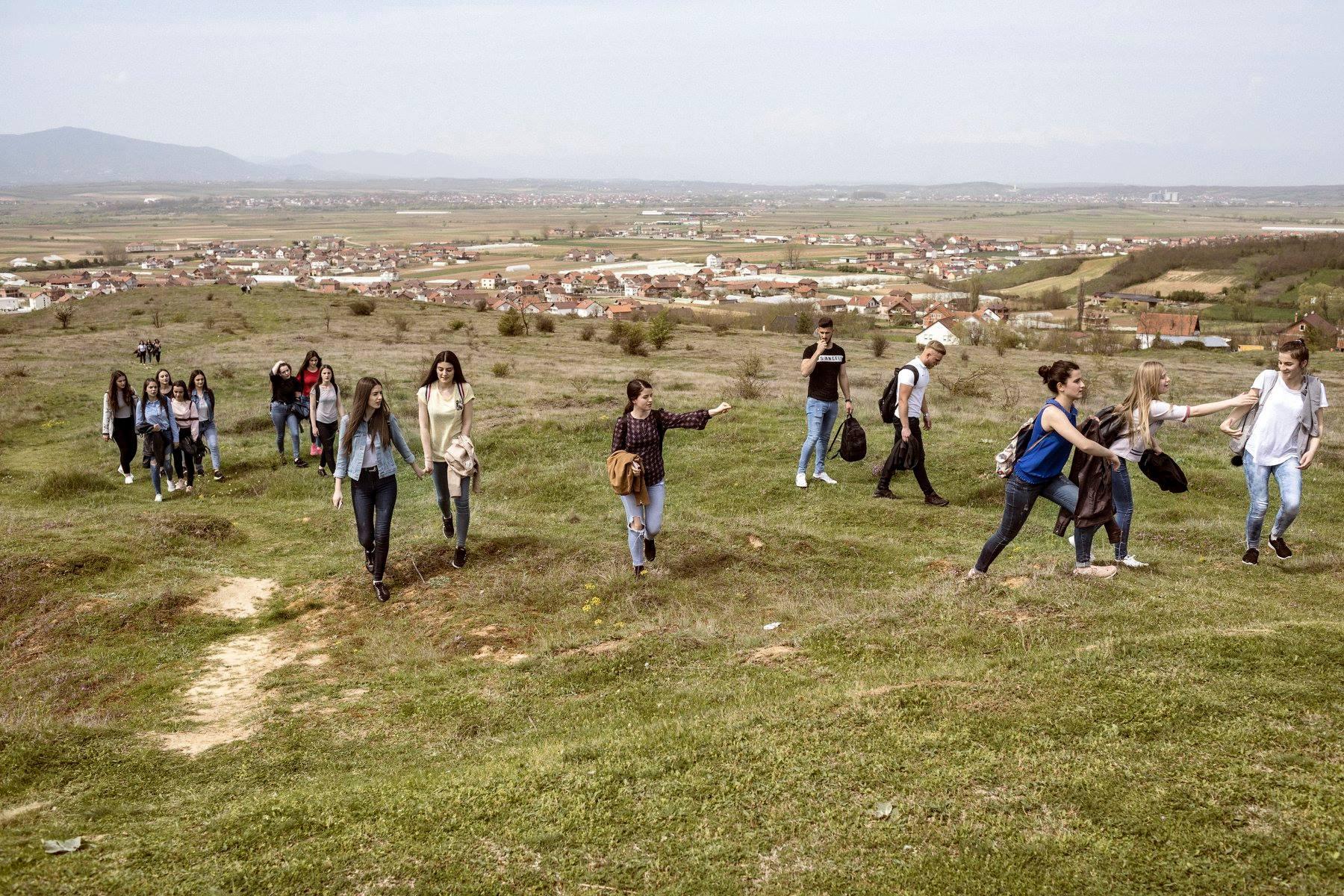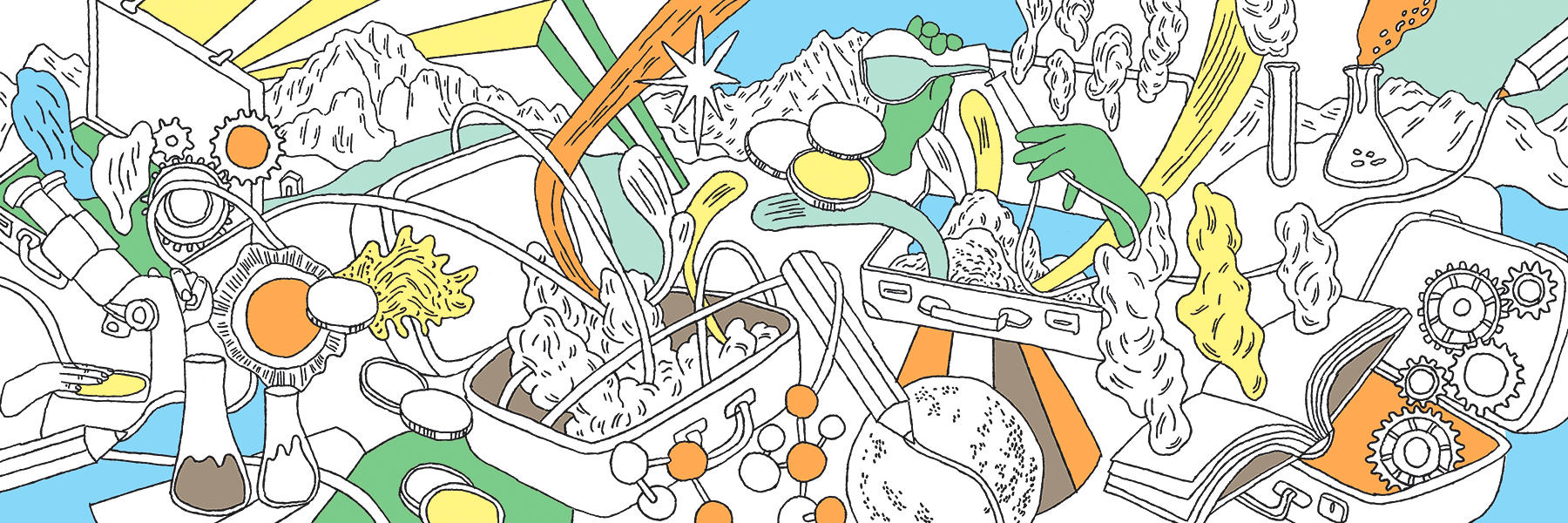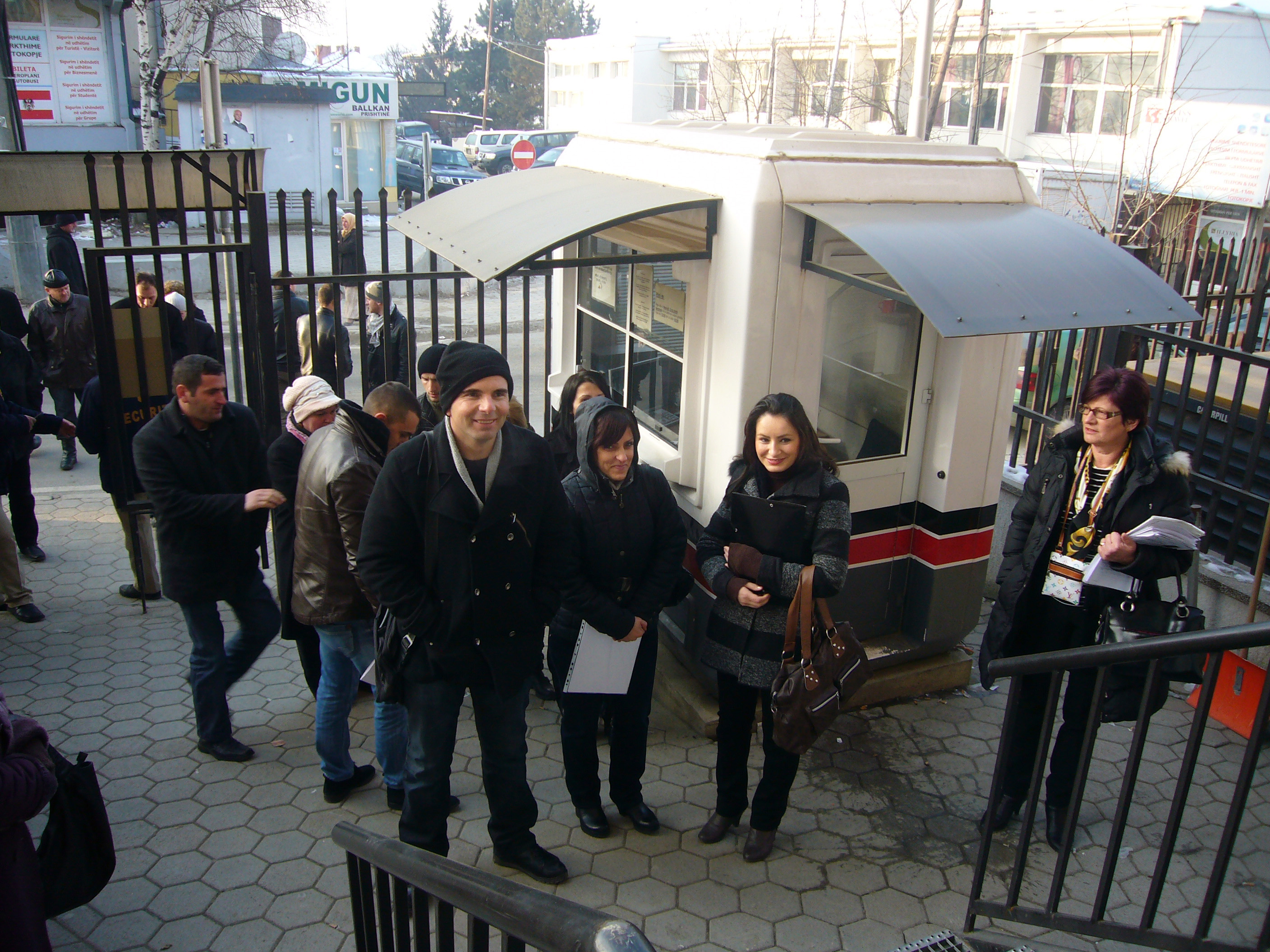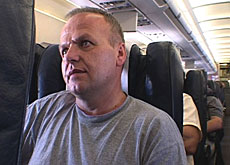What’s hindering Swiss diaspora help for Kosovo?

Political change in Kosovo has stoked hopes among the diaspora in Switzerland that things are finally going to improve in one of Europe’s poorest countries. But there are legal problems in the way.
The socialist party at the helm in the Balkan state won the February 2021 election largely thanks to diaspora votes. The online diaspora magazine “lecanton27.ch” estimated that more than 10,000 Kosovars from Switzerland travelled to Kosovo to participate in the election that brought Albin Kurti’s Vetëvendosje, party to power. The US-based non-profit National Democratic Institute reportedExternal link that the election was considered free and fair by international standards, and a record number of votes came from the diaspora, largely in support of Vetëvendosje,
It’s estimatedExternal link that 200,000 Kosovo Albanians live in Switzerland, making up the fifth largest group of foreigners in the alpine country. They offer not only political but also financial assistance to their homeland. Remittances from Kosovars in Germany, Switzerland and the Nordic countries make up about 11.5% of Kosovo’s GDP. More than a fifth of total contributions come from Switzerland alone, according to the Central Bank of Kosovo. Before Covid struck, thousands used to make annual pilgrimages back home to visit friends and families. SWI swissinfo.ch made a film about these home visits and the diaspora link in 2019.

More
Decades after war, Kosovo shapes up with Swiss support
Kosovars abroad are also close observers of the Balkan country’s attempts to reform, especially after having helped to vote in Vetevendosje. In April 2021, a new president was appointed, the charismatic reformist Vjosa Osmani. Ex-President Hashim Thaci vacated the post in November 2020 after being charged with war crimes. Osmani, a trained lawyer, and Vetëvendosje, seem intent on shaking up the mostly patriarchal Balkan country and heralding in a new spirit of professionalism. Swiss Kosovars want to be part of that wave, but what’s stopping them?

Concrete solutions needed
The hurdles became clear at an online conference in June organised by the left-wing Swiss Social Democrats, which shares Vetëvendosje’s political outlook. The idea of the conference came from the “SP Migrants” group, which has its own secretariat and budget within the Social Democrat party, and which counts many Kosovar members. This organisationExternal link was initiated ten years ago by Peter Hug and Osman Osmani, a former SP councillor in Schaffhausen who is now president of ProintegraExternal link, a Swiss centre for Albanian speakers. Osman Osmani was the first ethnic Albanian to be elected a cantonal councillor in Switzerland. At the conference, participants outlined the sticking points for Kosovars in Switzerland who have been sending back remittances but want to channel help in a more formal way.
One problem is that it is expensive to send money home, but help is on the way. The Swiss government has a programme to reduce the cost of sending remittances to Kosovo and to increase the amount of remittances operated through formal channels. They want to extend basic financial services to formerly “unbanked” populations. This is part of the Remittances and Payment Program (RPP), funded by Switzerland’s State Secretariat for Economic Affairs (Seco) and implemented by the World Bank.
Helping to boost employment
According to a 2019 Labour Force Survey External linkby the Kosovo government, 60% of the working age population (15-64) are said to be “inactive”. Nearly half of 15 to 24-year-olds are unemployed, and joblessness is higher among young females (62.9 %) than young males (42.9%).

More
Trying to make Kosovo work
Osman Osmani says the diaspora can help to develop Kosovo’s businesses and boost training. He is urging the new Kosovo government to provide the legal and institutional framework for the diaspora to effectively contribute. Deputy foreign minister Liza Gashi, who was also present at the Social Democrat’s conference, said this was something her government was working on. As a co-founder of the diaspora organisation GerminExternal link, Liza Gashi is well aware of the potential of harnessing resources from Kosovars living abroad.
Peter Hug from the Social Democrats said, “Our goal is to anchor the contribution of the diaspora in the new Swiss cooperation programme with Kosovo 2022-2025, currently being drafted.” The SDC, the Swiss government’s development arm, issued a statement saying, “It is important to primarily involve local actors from civil society as well as government agencies to reach sustainable solutions. In this regard, SDC pursues an inclusive approach, i.e. creating equal framework conditionsfor all actors – including for the various diaspora organisations”.
Swiss-based lawyer Lirim Begzati, a human rights lawyer in canton Neuchâtel, also gave an address at the conference. He agrees that coherent cooperation is lacking. He says a legal framework for intervention is necessary and advocates the creation of commissions and working groups that will find out the real needs and expectations of the diaspora.
Sharing know-how
Osman Osmani believes members of the diaspora have a lot of useful information to share. “We have learned so much in Switzerland about how the administration works, as well as education, legal systems, social partnerships, health care, the welfare state, public services and politics,” Osmani said. “It’s know-how that we would like to pass on to our country of origin.”

Osmani added that the Swiss Kosovars are raring to go: “Transnational professionals are ready and motivated. They are cost effective as they do not need any linguistic or cultural introduction, accompaniment, translation and mediation and other accompanying costs. There is what we all want, across the generations”.
SP Migrants is calling for a cooperation agreement between the social democrats and Vetëvendosje to strengthen the voice of the diaspora. The party advocates the sending of a social and economic attaché to the Alpine state to work as a contact person with Kosovars who want to help.
Fighting corruption
Vetevendosje’s landslide victory was seen as a response to the country’s stumbling postwar progress. According to a Swiss government document, corruption in Kosovo remains endemic, and the courts are very lenient with perpetrators. Nepotism is countenanced at every level of society and people living there do not expect public services to be delivered.
The Swiss government is pushing for legislation that will improve Kosovo’s ability to combat corruption as part of its Support to Anti-Corruption Efforts project (SAEK) which runs until June 2024. The aim is to increase professional capacities in the area of the rule of law, improve the policy framework and legislation and foster public demand for accountability through civic engagement.
However, Begzati says it is difficult to dislodge practices that have persisted for twenty years. He has observed that low wages are used as a justification for corruption. He’s hoping that education programmes supported by the diaspora can help give young people a better idea of how society can grow without corruption, nepotism, and the marginalisation of women and ethnic minorities.
NATO continues to garrison Kosovo, 22 years after its war with Serbia. The Swiss are part of the KFOR multinational peacekeeping force, providing 195 staff for SWISSCOY. Switzerland was one of 116 countries to recognise Kosovo’s independence from Serbia in 2008 and remains one of its main partner countries and donors. From 2017-2020, Switzerland contributed CHF16.6 million towards economic development and job creation. In 2019, Kosovo received CHF315.92 million in overall international development assistance. (OECD figures)


More
Why Switzerland needs workers from abroad

In compliance with the JTI standards
More: SWI swissinfo.ch certified by the Journalism Trust Initiative

















You can find an overview of ongoing debates with our journalists here . Please join us!
If you want to start a conversation about a topic raised in this article or want to report factual errors, email us at english@swissinfo.ch.